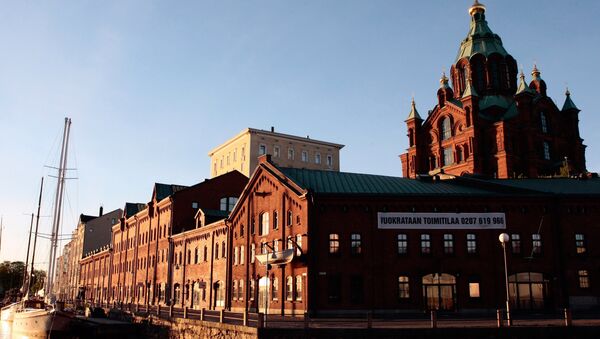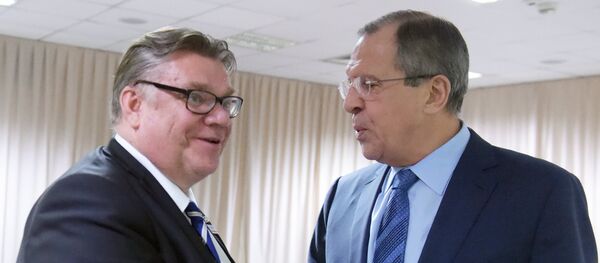The Russian economy took a deep plunge in 2008-2009 as the nation's GDP shrank a whopping 10 percent, Korhonen pointed out, according to Finnish national broadcaster Yle. Remarkably, the recovery was fast and in about four years Russia was back to its pre-2008 level. In contrast, Finland is still struggling to reach the pre-2008 level in terms of GDP.
Korhonen attributed this level of adaptation to changes in the price of oil. In July 2008, the price reached nearly 150 dollars a barrel, only to sink to around 30 dollars a barrel in January 2009. Some two to three years later, we were again back at 100 dollars. At present, however, the recession seems to have come to stay. The price per barrel is now a little over 50 dollars. In a few years, it may settle at 60 dollars, Korhonen estimated.
Although various areas of industrial production differ greatly in the level of development, the future growth is ascribed to both industrial growth and oil and gas production. Besides, both business and industry have benefited greatly from the fluctuations of the ruble rate, which enables greater economic adjustment.
"The ruble's considerable weakening in competitiveness has helped many Russian companies and industries to improve," Korhonen said.
Over the past three years, Finland's export has shrunk by over 3 billion euros, which is why Helsinki is elated at the news of Russia's economic recovery. Another reason for Finland to keep a close eye on the development in the Russian economy is the country's tourist industry's heavy dependence on Russian vacationers. The Western economic sanctions together with the weakening of the ruble have led to a pronounced decline in the number of the Russian tourists. In 2015, Finland's revenues owing to the Russian tourism fell by 366 million euros (corresponding to 38.4 percent) in comparison to 2014. According to Korhonen's forecasts, the Russians will return to Helsinki, Lappeenranta and Imatra as soon as the ruble strengthens.
"Finnish companies have entered the Russian market with courage, and many have become quite successful," he said.
Over the past three years, the trade turnover between Finland and Russia shrunk by a third. Subsequently, Russia lost its position as Finland's leading trade partner, being overrun by Germany and Sweden.
Helsinki central railway station #railway #railwaystation #train #trains #helsinki #helsingfors #instahelsinki #h… pic.twitter.com/VaGGxOpalP
— Rajesh Boddapati (@rajesh877) 27 мая 2016 г.





